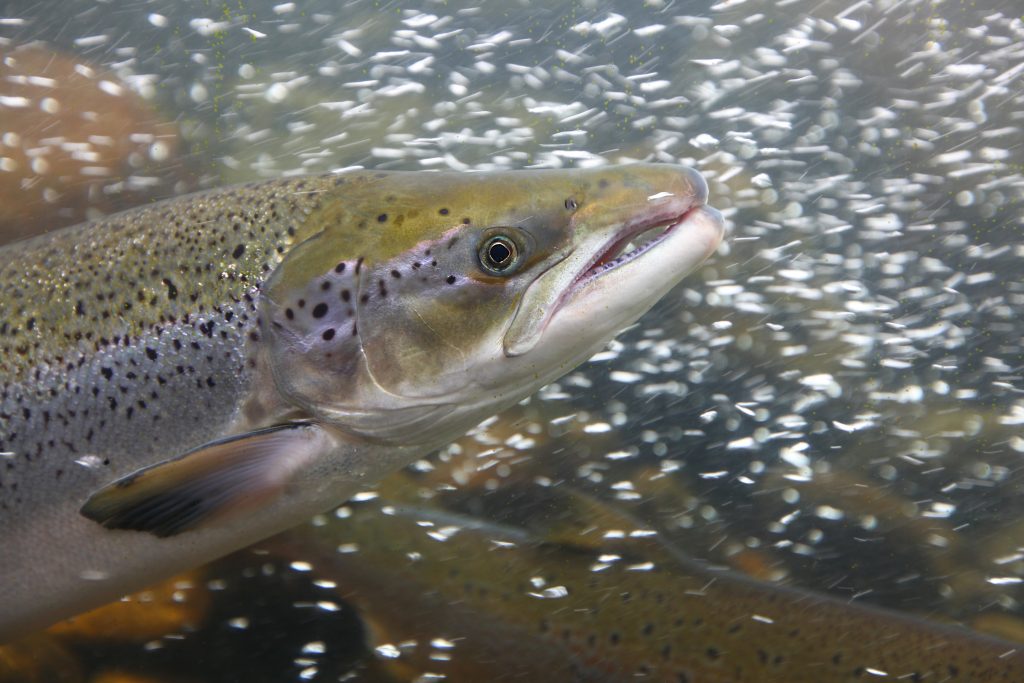
Shutting down fish farms a simplistic solution, says fish farmers group
December 17, 2018
By
Liza Mayer
Fish farmers in Atlantic Canada say the Canadian Government’s decision to shut down fish farms in BC’s Broughton Archipelago is a "simplistic" answer to the question why wild salmon populations are fluctuating.
The Province of BC and the three First Nations who own the traditional territories in which the farms operate announced on Friday that 17 Atlantic salmon farms in BC’s Broughton Archipelago – a wild salmon migration route – will be shut down between 2019 and 2023.
They believe the establishment of a “farm-free migration corridor in the Broughton” will help reduce harm to wild salmon.
“We reject the assumption that removing salmon farms from coastal BC waters will save wild Pacific salmon. It’s a simplistic notion that is not based in scientific evidence and does a disservice to the identification of the complex issues facing wild salmon on the west coast. The fact is, no one really knows exactly why wild Pacific salmon populations are fluctuating,” Susan Farquharson, Executive Director of the Atlantic Canada Fish Farmers Association, said in a statement.
She added that the Cohen Commission has listed more than 20 activities affecting pacific salmon, including climate change (marine and fresh water), loss of habitat, predators, non-point sources of contaminants, forestry, and cumulative effects.
“Atlantic Canadian salmon farmers are leading the way in wild Atlantic salmon conservation activities, such as partnering in the Fundy Salmon Recovery Program with First Nations and all levels of government,” Farquharson said.
At the launch of the International Year of the Salmon in Vancouver in October, DFO Emeritus Scientist Dr Dick Beamish says filling in the knowledge gaps in the factors affecting wild salmon abundance is the aim of a $1.1-million research expedition in the Gulf of Alaska in 2019.
The expedition could result in new research that will make the discoveries scientists need to actively forecast salmon abundance, he said. “We still don’t know the mechanisms that allow us to accurately forecast salmon,” Beamish acknowledged.
 The establishment of "farm-free migration corridor in the Broughton to help reduce harm to wild salmon" is one of the recommendations of the steering committee comprised of First Nations and BC provincial government representatives
The establishment of "farm-free migration corridor in the Broughton to help reduce harm to wild salmon" is one of the recommendations of the steering committee comprised of First Nations and BC provincial government representatives - 17 salmon farms to be transitioned in BC’s Broughton Archipelago
- Nearly $43M for Quebec’s fish and seafood sector





